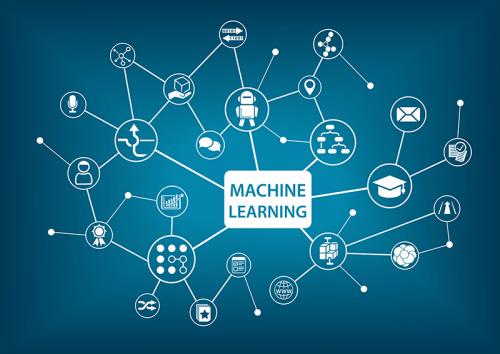Artificial Intelligence: How much do you know about it?

Artificial intelligence or AI is the buzzword these days.
From Zuck to Musk, everyone seems to be harping (though not always in a good
way) about it. But, what exactly is the artificial intelligence? Is it the same
thing as machine learning? Will it prove to be our undoing one day? If not,
whatâs the scope of this revolutionary technology? And, the questions continue.
The problem with AI is not its understanding but the lack of
it. Honestly, the concept of artificial intelligence is indeed complicated, but
thatâs because it is still evolving, and we are still many years away from a
detailed certified research paper that will someday document every aspect of
this technology. Well, till then letâs try to grasp the essential ingredients
of this tech and how it is changing our lives.
What is artificial
intelligence?
Simply put, artificial intelligence is simulated computer
intelligence, i.e. to program machines to think the way we think.
Interestingly, AI learns and adapts just as we do- takes in data, processes it
and stores it for future use. Because, a machine cannot be programmed with all
the possible answers, so it uses what it has learned to create new solutions.
AI can be classified as narrow or general. Narrow AI is
programmed to perform only one task at a time. Currently, most of the
artificial intelligence is narrow AI such as voice-based assistants or
autonomous cars. General AI, or as the scientists call it the true AI, is much
more comprehensive and not domain specific.
Applications and
scope
Do you know AI is already an integral part of your daily
lives? From YouTube to ride-sharing apps, AI is ubiquitous, changing our lives
in more ways than one. Itâs used to recommend what you should buy next, or what
accounts you should follow on social media. That little chat window saying âHi,
how may I help you?â on various websites is nothing but a well-programmed AI,
capable of understanding and responding to human language.
Then, of course, there is the autonomous technology. While
self-driving cars may look like the most significant application of artificial
intelligence, in reality, you are already using it in forms like GPS monitors
and auto-braking systems.
The gaming industry is amongst the biggest beneficiaries of
the advances in artificial intelligence. From virtual reality to augmented
reality, almost every modern video game has an AI component.
Artificial intelligence has also changed how the modern
healthcare industry works. From helping patients with online appointments to
assisting doctors in diagnosing potential cancer, AI is making healthcare more
inclusive and advanced.
AI-Machine
learning-Deep learning
Though artificial intelligence and machine learning (ML) are
often used interchangeably, they arenât the same thing.
Machine learning is actually an application of AI where a
system is fed large amounts of data. The computer then learns and completes a
task based on experience without being explicitly programmed, and get
progressively better at that function. Today, machine
learning is used across multiple industries including data security
companies, music streaming apps, and fintechs.
Deep learning is a subset of ML. It is an AI function that
imitates the human brain to process data and creates patterns for use in
decision making. While basic machine learning algorithms may sometime need
human intervention, if they return inaccurate results, deep learning algorithms
can figure it out on their own.
One of the finest examples of deep learning model is
Googleâs AlphaGo. It is an AI-based computer program which learned to play the
ancient board game called Go by playing against pros.
Itâs not humans vs
computers
Now, coming to the most critical question. The idea of AI
possibly becoming smarter than its creator to the extent of scripting our doom
is a little far-fetched. As we noted
above, AI is still evolving, and there is still a very long way to go before we
can unravel the full potentialities of this tech.
Post Your Ad Here
Comments